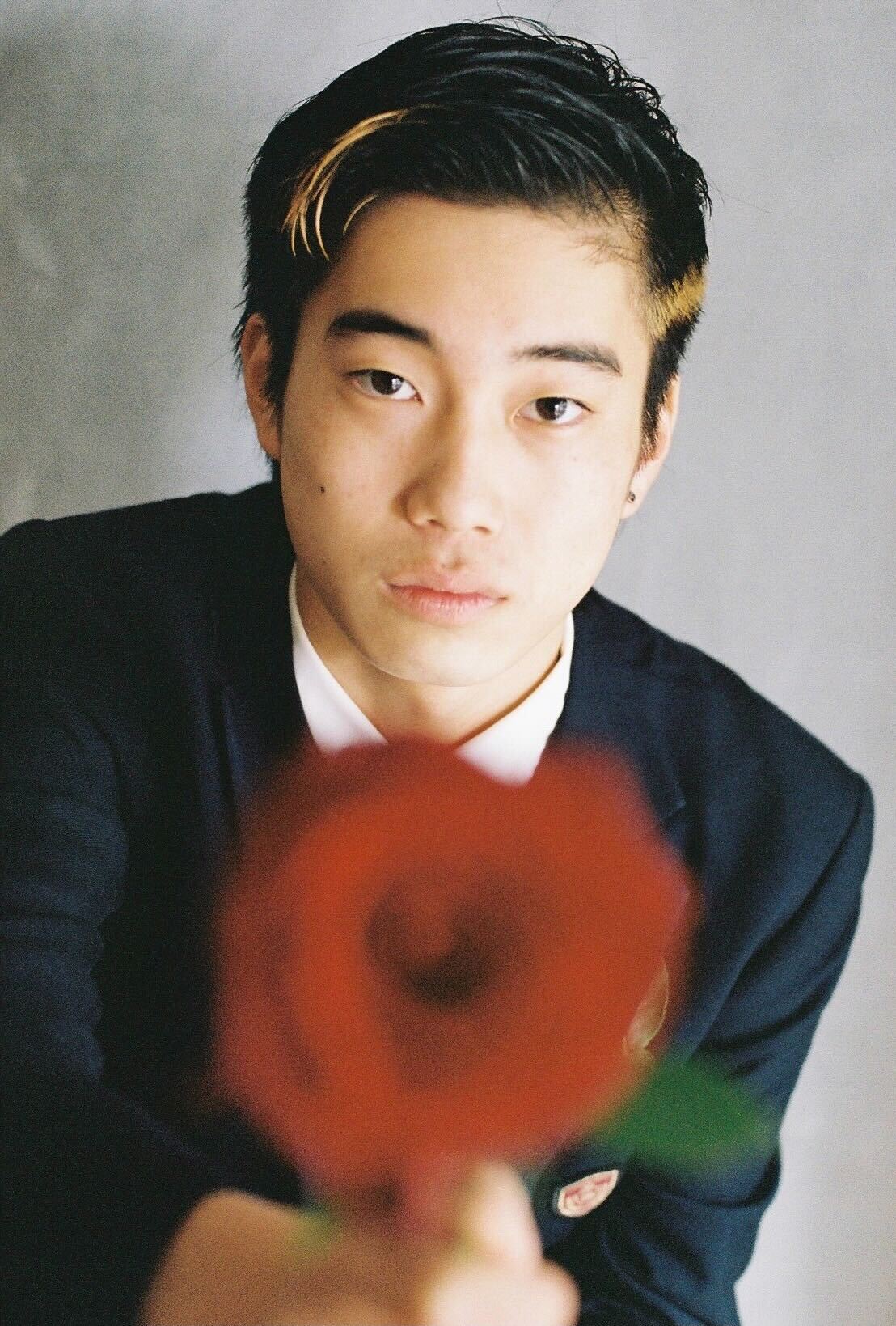
As opposed to the West celebrating Valentine’s Day as a mutual celebration where both partners gift each other something sweet, Japan leaves this holiday to the ladies to express their feelings through gifting chocolate to others. But not to worry! While being expected to gift others something with nothing in return, this celebration does not come without a few W’s to take home. It’s all in the various types of chocolate you hand out.

First, we have giri-choco, literally translating to “obligatory chocolate”. This is usually given to co-workers or peers as a token of “politeness” with no emotional connection attached. It’s the perfect way to show respect for someone while also amicably creating space. Got someone interested in you but you don’t really vibe with them? Hit them with a giri-choco and break their heart before you really BREAK their heart.

Then we have tomo-choco, meaning “friendship chocolate”. As the name suggests, this chocolate is specifically for women to give to their girlfriends. There’s always that one friend who has no date or romantic interest to share Valentine’s Day with. Make their day and send over some tomo-choco!

Finally, there is honmei-choco, which essentially means “true feelings chocolate”. This is for that special person you have in mind. Those with a significant other usually make homemade confectionaries or buy extravagant sweets for their lover. And if you don’t have a lover, you can express your feelings to your romantic interest with honmei-choco. Honmei-choco can be gifted as a reminder of already existing love, but also serves as an effective and endearing way to reveal affection you’ve kept hidden.
What comes after gifting your crush honmei-choco? Well, you kind of have to wait a month to get results.. On March 14th, Japan celebrates White Day, which is pretty much the sequel to Valentine’s Day. That is, men who received honmei-choco on Valentine’s Day either return their feelings for the person crushing on them, let that person down, or just do nothing altogether (we don’t make the rules, but we are sorry).

In Japan, confessing one’s romantic feelings to another is known as kokuhaku, and there are no rules regarding who makes this move. While it may seem normal for Westerners to go on a few dates to confirm how they feel about someone they are curious about, it is not unusual for people in Japan to kokuhaku someone before even getting to know them. What’s your preference?

We are just scratching the surface with all of the above; Japan’s V-Day lore goes DEEP. But for now, test the waters with the small amount of information we’ve provided. Good luck out there, y’all!



